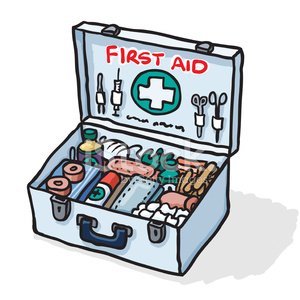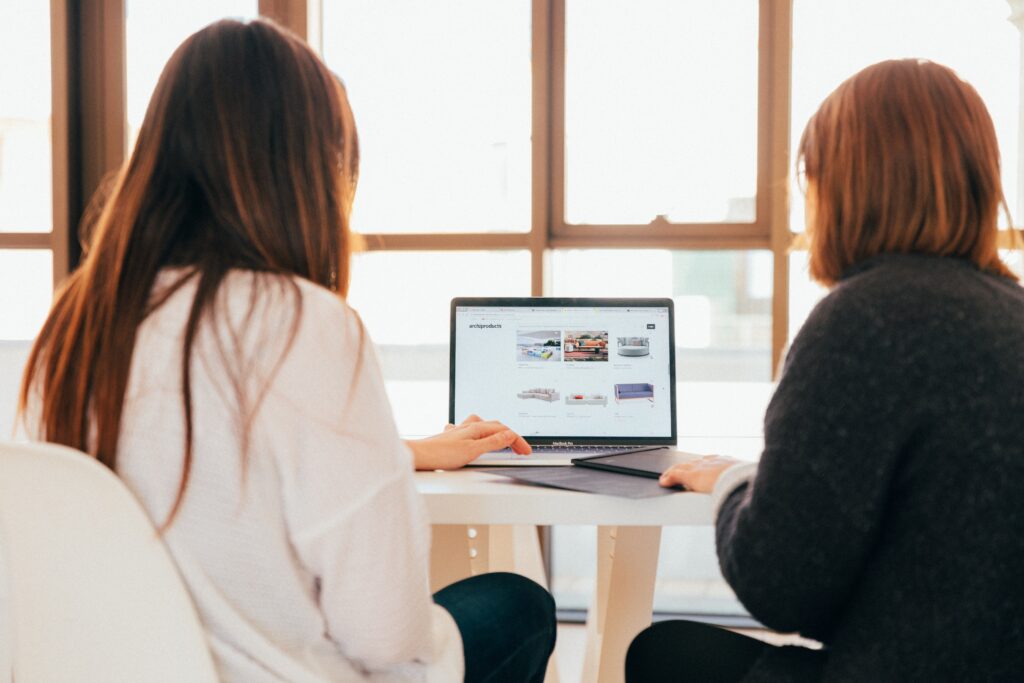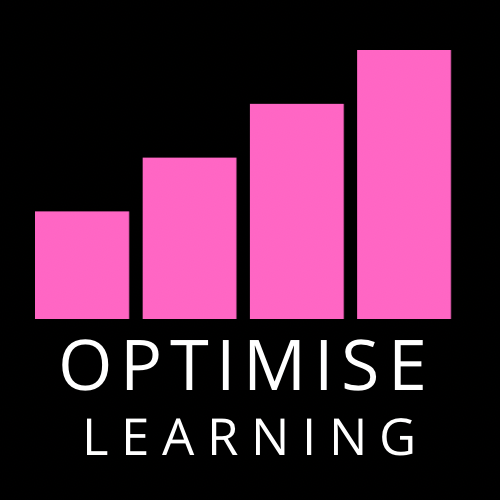What’s in your Mental Health First Aid kit?

You will have heard of a first aid kit or box. It contains items such as plasters, scissors, creams, bandages, etc. It’s there to support colleagues who have a physical injury, but what about a Mental Health First Aid kit? What should this contain?
But surely that is the job of the MHFAider, or Manager, or HR Team?
I would always recommend awareness training for all colleagues, I would also recommend manager training and having a pool of trained MHFAiders. However, we can all spot signs of stress, burnout, and poor mental health in the people we work with. We can all have supportive conversations. We can all have the knowledge to be able to signpost support.
Whether you are a MHFAider, there are MHFAiders within your organisation or you don’t have any trained MHFAiders, EVERY COLLEAGUE can still have their own Mental Health First Aid kit.
So what should be in the Mental Health First Aid Box/Kit?
Skills and Attributes

Firstly, it should be the key skills, attributes and mindset that you need to support someone. They include:
- Listening without distraction.
- Being curious.
- Not taking over the conversation.
- Asking questions to get more information.
- Being non-judgemental.
- Staying calm.
Knowledge

Secondly, you need to have some knowledge of mental health. You don’t need to be an expert, a specialist, or a professional. You should never diagnose. But the more knowledge you have, the more confident you will be so you can be fully supportive. Knowledge includes:
- Being able to spot signs and indicators of stress, poor mental health, or burnout.
- Having an awareness of some of the risk and protective factors when it comes to mental health.
- Having an awareness of mental illnesses, particularly depression and anxiety-related illnesses.
- Understanding that not everyone will need professional help. Just having a supportive conversation may help.
- Being aware of self-care strategies but remembering that everyone is an individual so what works for you, may not work for them.
- Be able to identify your own triggers and signs of stress and have a range of self-care strategies that work for you.
- Having knowledge of internal and external resources for signposting (see more below).
- Being aware that mental health crises such as suicide attempts, serious self-harm, psychotic episodes, etc may need urgent attention, so, if in doubt, get professional help as soon as possible. This may involve calling 999 for emergency services.
Resources

Finally, your Mental Health First Aid kit should include lots of information and resources, so you can signpost effectively. This should include:
- Names and contact details of MHFAiders or Wellbeing Champions in your organisation.
- Full knowledge of your company’s Employee Assistance Programme (EAP) – quite often this will include. a 24/7 telephone line but some include lots more such as access to counseling.
- Any other internal resources that your company may provide. This could include a dedicated webpage, etc.
- Access to the ‘Hob of Hope’ website which is a directory for local and national support covering a wide range of mental health topics.
- An understanding of HR Policies and Procedures relating to mental health and well-being. For example, many employers now have a Menopause policy.
- Samaritans number for any crisis support – The telephone number is 116 123 or Email – [email protected].
- SHOUT Crisis Text Line – Text SHOUT to 85258.
- Any other relevant numbers (you may have some local charities and support groups that would be worth having details for).
